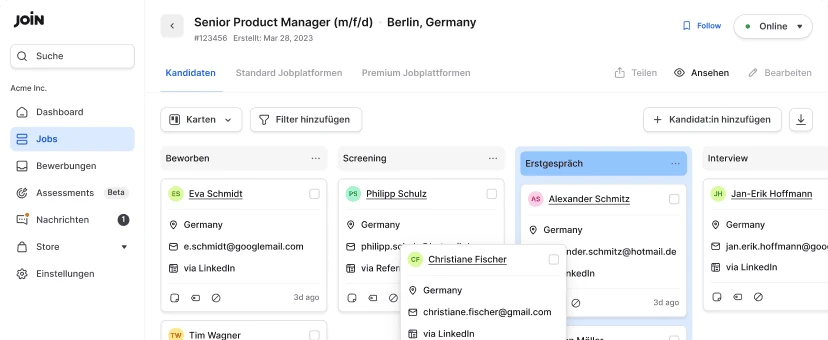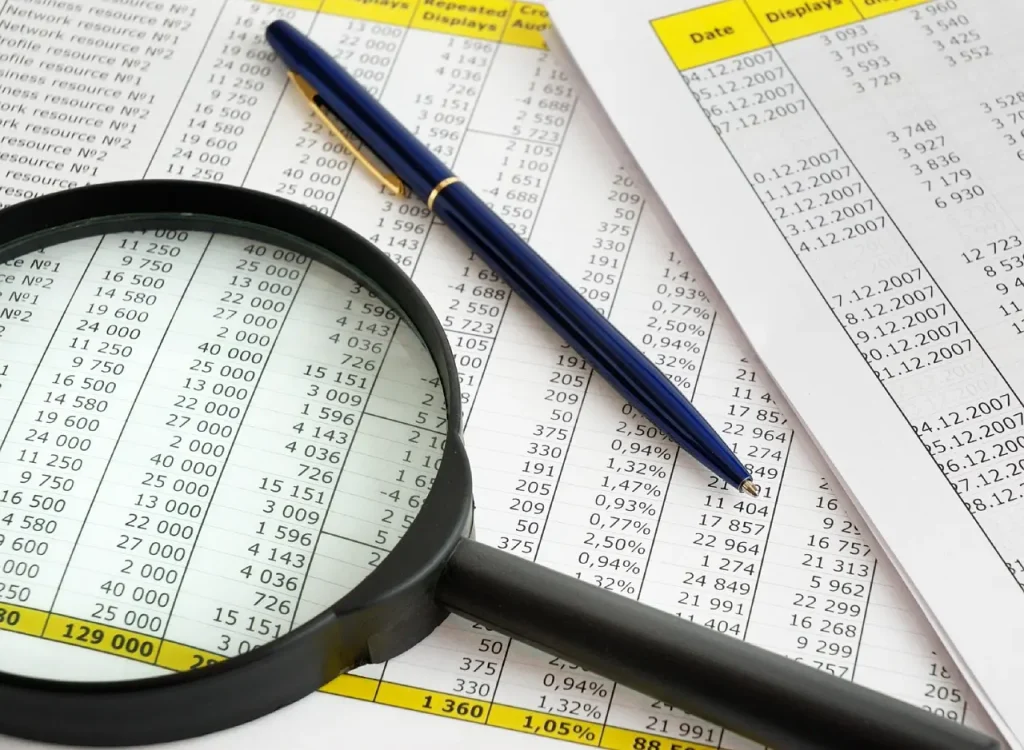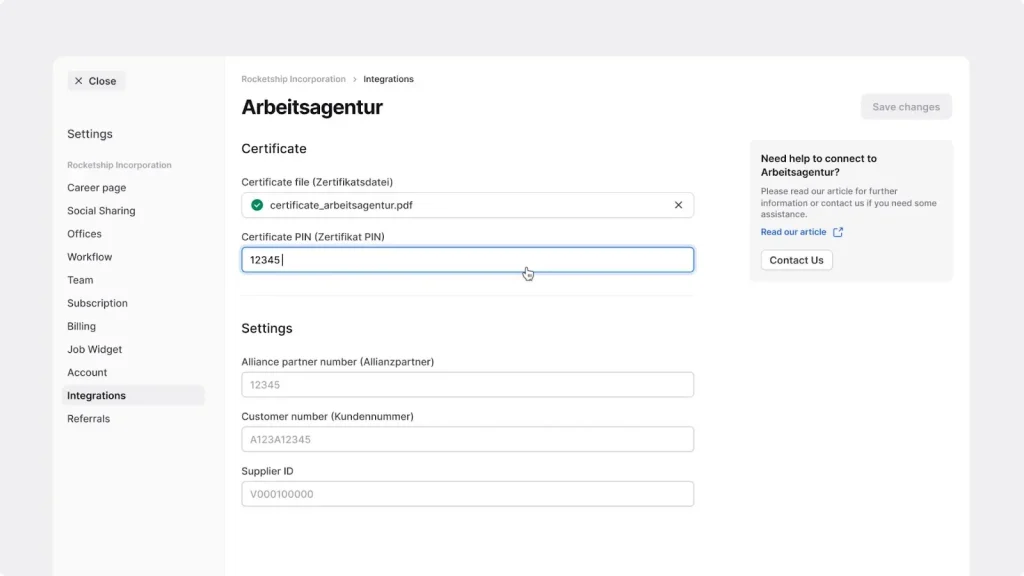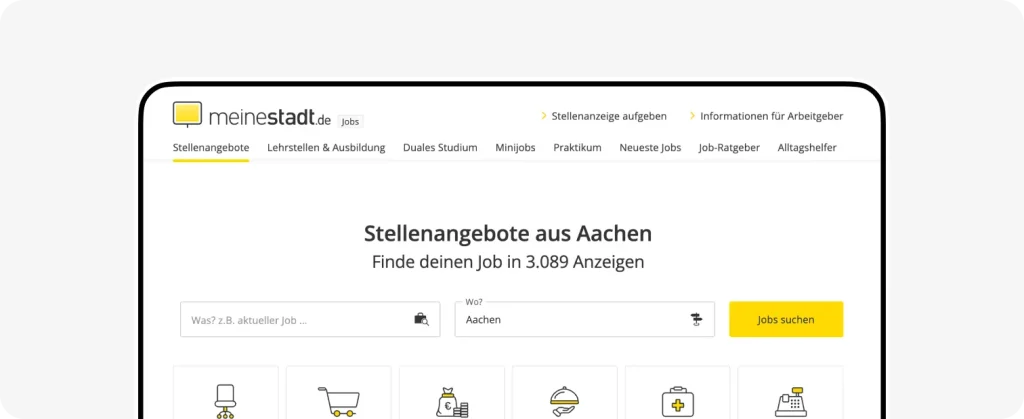Best interview questions for your hiring process
Supply Chain Manager Interview questions
A good Supply Chain Manager will take charge of managing your supplier relationships. This includes everything from seeking out new suppliers (with the help of the wider Logistics team), taking charge of the onboarding process, managing contracts or contract changes and tracking compliance. As this is a role that will reflect on your business from an outside perspective, getting the hiring right here is essential.
You should seek these skills in your Supply Chain Manager:
- Excellent written and verbal communication skills.
- Negotiation expert.
- Ability to proofread and fine-tune legal documents.
- Fast-paced problem-solving skills.
- Collaborative attitude (both with internal and external stakeholders).
Interviewing a Supply Chain Manager
As your Supply Chain Manager will be handling your company’s reputation within the supplier industry, you need to ensure that they are someone who reflects your ethics and values. They will also need to be a confident communicator, meaning the interview process is a critical part of hiring for this role.
Luckily, we’ve put together a guide containing interview questions and the answers you should be looking for. This will help you sift through suitable clients early on in the interview process.
How to open the job interview
Every job interview will go a little better if the candidate feels comfortable and confident when conversing with you. Therefore, the best way to kick off the interview is with a couple of positive and upbeat opening questions.
This section only needs to last a few minutes but will set the tone for the rest of the interview.
Best interview questions for your hiring process
See our Supply Chain Manager job description hereFor the interview
A positive opener to start
How did you begin a career in Supply Chain Management?
What do you enjoy the most about your Supply Chain Management career?
Behavioral Questions
When dealing with a new supplier who is taking longer than average to warm up and form a relationship, how do you stay motivated? And what techniques would you employ to speed up the process?
You’ll often be managing communication from multiple suppliers and colleagues at once. How do you stay organised and ensure everyone gets a timely response?
Organisation and timely communication are essential in a Supply Chain Manager’s role. They will often have to maintain multiple email chains at once, as well as attend meetings and calls. Knowing they’re up for this challenge and have behaviours or techniques they can rely on is a huge plus for this role.
What type of work environment do you think you perform best in?
This answer will give you an insight into how well the candidate will fit into your current work environment, whether you have a collaborative team or more individual work. Here, it would be great if adaptability is mentioned too!
When working with a particularly difficult or argumentative supplier, how do you remain professional?
Occasionally, suppliers will be difficult to work with. A Supply Chain Manager can deal with these difficulties while representing your business in a professional and friendly manner is essential.
Soft Skills
When onboarding a new supplier, how do you explain technical or specific business information to them in a clear and concise manner?
Your business may not work in the same way as others that the supplier works with. Therefore, they may need to be brought up to speed on your specific workings. Knowing your Supply Chain Manager can communicate these details to your suppliers in a way that they understand, and then check their understanding, is a huge peace of mind.
If a supplier disagrees with a proposal or price your team have sent over, what are your next steps?
A Supply Chain Manager needs to be a negotiation expert and an incredible problem solver. This question is an excellent test of these soft skills, as well as their communication and collaboration skills. They should be able to work with their team to help meet a decision that pleases both parties.
How do you stay updated and informed on new trends in the supply chain industry?
The supply chain industry is a rapidly changing one, with new outlooks on sustainability, communication and sourcing emerging on a day-to-day basis. Knowing your candidate has tools and techniques for staying up to date with this is essential.
What specific skills do you have that you think make you the perfect candidate for this role?
This question gives your potential Supply Chain Manager the opportunity to show off their skills and give you an insight into what their areas of confidence are. You may also get an idea of their experience in this answer.
Hard Skills
Which regions or countries have you worked with suppliers from? How do you manage these relationships in terms of time zones, language and cultural differences?
Many companies will work with suppliers from different countries, if not continents. This means that your Supply Chain Manager should be clued-up on working in this way, with knowledge of how to nurture relationships overseas.
Which supply chain systems and tools have you worked most closely with?
Getting an idea of which software, systems and tools your candidate has experience with will give you an idea of whether they’ll need to be onboarded on many things when joining. You’ll also get an idea of what skills and tools they’ll bring with them!
When experiencing unexpected shipment or stock delays, what steps do you take to minimise damage? And, how do you learn from these situations for future reference?
This situation can arise from time to time, with little warning. Your Supply Chain Manager should be able to arrange updated dates and schedules with both the supplier and Delivery Drivers. It is also good to know they have techniques to stay motivated and help to minimise disruption to the logistics team and customer.
How do you deal with tracking and chasing multiple deliveries at once, while working to several timelines?
If your company sells multiple products, chances are your Supply Chain Manager will be working to several timelines. Knowing they can put a foolproof system in place to track these orders and meet their targets is essential.
Operational / Situational Questions
Describe your most difficult relationship with a supplier and how you overcame this?
This will give you specific insight into the way a candidate works with a supplier and uses their communication skills to overcome tough situations.
Walk me through a time where you made a change in your role which improved processes or productivity for the team.
Here, you give the candidate an open opportunity to speak about a time they used their initiative to create positive change. This is an especially good skill to have in this role, as relationships and processes can constantly be changed to speed up the supply chain.
Imagine a supplier proposed a new price plan which negatively impacted your budget planning. What steps would you take to rectify this?
This is a great chance to see how well a candidate negotiates, while still staying friendly and professional. Negotiating price changes will be a huge part of this role, and greatly impact the budget of the logistics department, so it is essential that the candidate does well here.
When onboarding a new supplier, how would you check that their practices meet our sustainability goals?
Here, a candidate will hint at their ability to research and analyse new suppliers. This is something that is becoming increasingly important in Supply Chain Manager roles.
If sourcing supplies for a project that required multiple suppliers, how would you ensure that each ‘part’ arrived to be assembled on time?
This is a question that aims to analyse a candidate’s calendar-keeping and multitasking skills.

Start hiring and prepare your interview
All platforms are available for you to promote your job through JOIN.
Create job ad for free


Not every supplier relationship will come easily, some need to be worked on harder than others. This answer will let you know whether your candidate is up to this challenge or not and what techniques they’ve got up their sleeves.